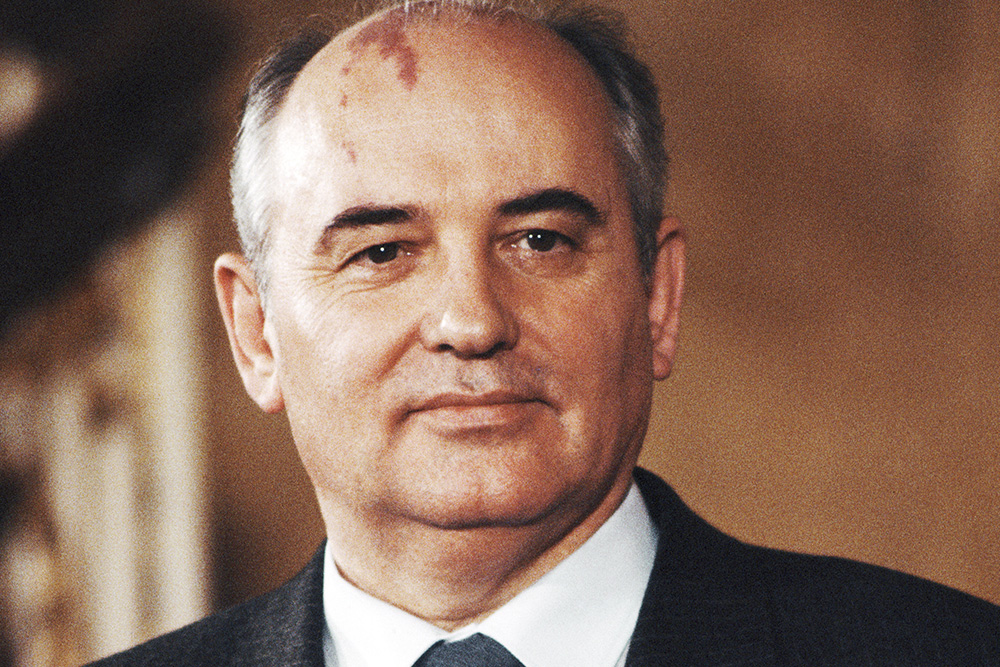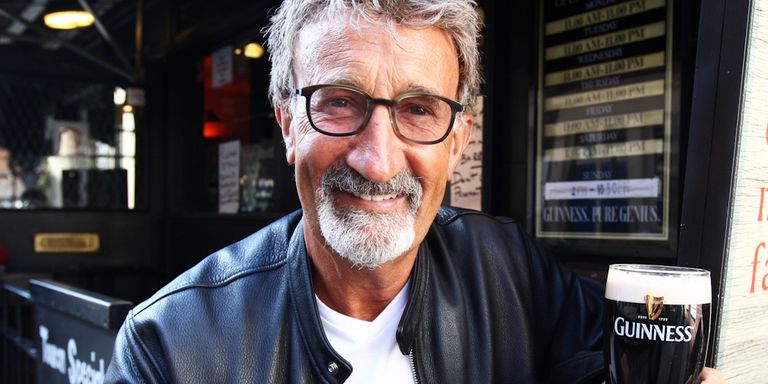
Mikhail Gorbachev (1931–2022), last leader of the Soviet Union
by
by
3 min readMikhail Gorbachev was the last leader of the Soviet Union, who presided over the collapse of the U.S.S.R. and won the Nobel Peace Prize for his role in ending the Cold War.
- Died: August 30, 2022 (Who else died on August 30?)
- Details of death: Died in Moscow after a long illness at the age of 91.
- We invite you to share condolences for Mikhail Gorbachev in our Guest Book.
Table of Contents
Soviet leader
As General Secretary of the Communist Party from 1985 to 1991, Gorbachev set out to reform the Soviet Union rather than bring it to an end. His time in office was characterized by two terms for his key policies that became known worldwide: “glasnost,” or openness, and “perestroika,” or restructuring. He engaged in a series of talks with U.S. President Ronald Reagan (1911–2004), changing the relationship between the two powers from one of hostility to a tenuous friendship. During Gorbachev’s six years as leader, the Soviet Union saw the nuclear disaster at Chernobyl, the fall of the Berlin Wall and reunification of Germany, and an attempted coup that threatened Gorbachev’s life and prompted his 1991 resignation.
A controversial legacy
Gorbachev was not well known to his countrymen when he entered office, but he became a popular leader, especially during the early years of his term. Domestic opinion turned against him as the Soviet Union began to crumble, but even as Soviets soured on him, he was becoming one of the most celebrated politicians across the world.
Globally, Gorbachev was considered a crucially important figure of the 20th century for his role in ending the Cold War through Soviet restructuring and patient negotiations with the United States. Time magazine named him their “Person of the Decade” for the 1980s, and in 1990 he was awarded the Nobel Peace Prize for “his leading role in the peace process which today characterizes important parts of the international community.” Reaction to his Nobel honor was mixed, with many avidly supporting the decision while 90 percent of Soviet citizens disapproved of the choice.
Notable quote
“We could only solve our problems by cooperating with other countries. It would have been paradoxical not to cooperate. And therefore we needed to put an end to the Iron Curtain, to change the nature of international relations, to rid them of ideological confrontation, and particularly to end the arms race.” —from a 2001 interview with PBS
Tributes to Mikhail Gorbachev
Full obituary: The New York Times
TAGS




